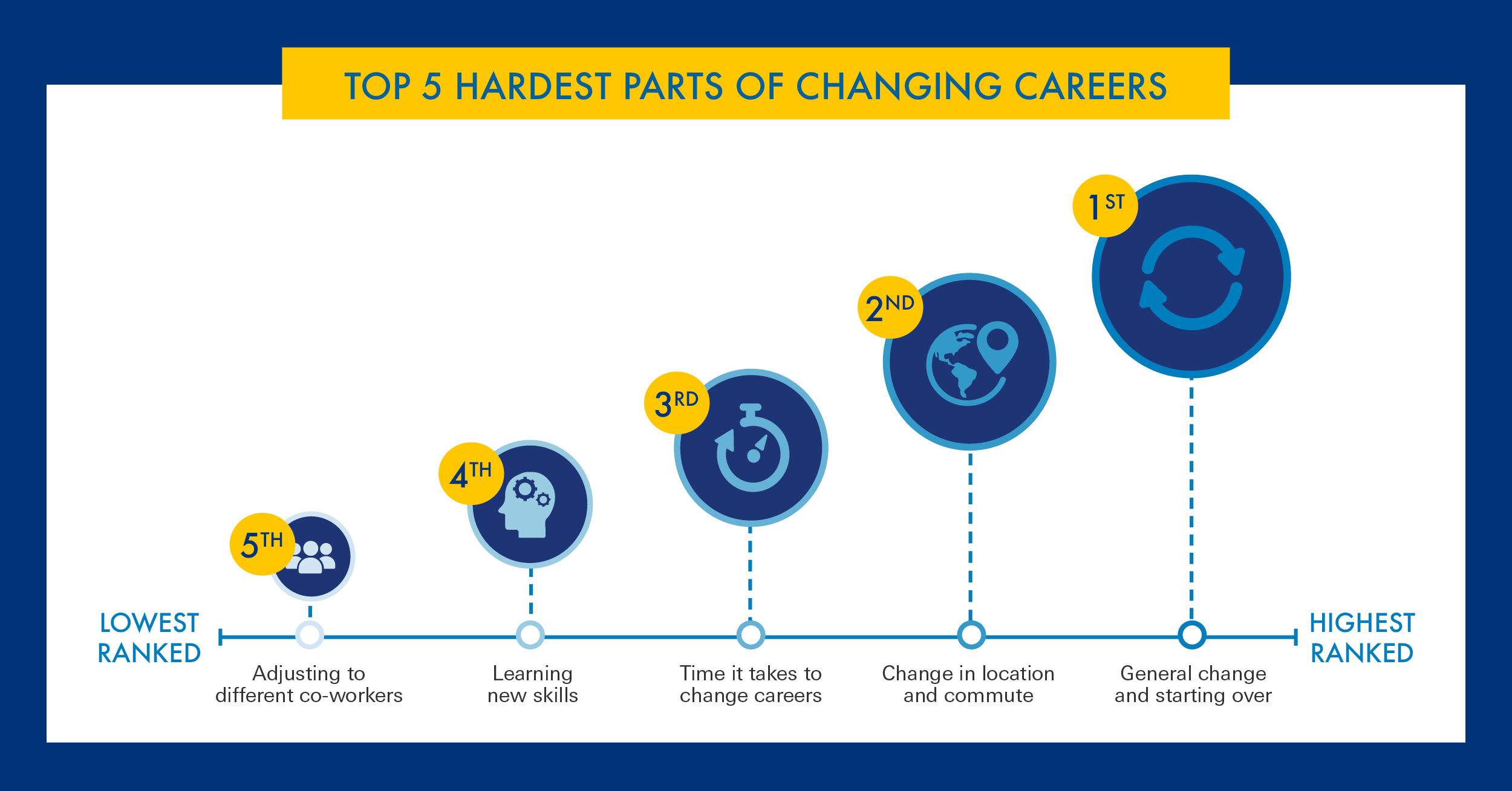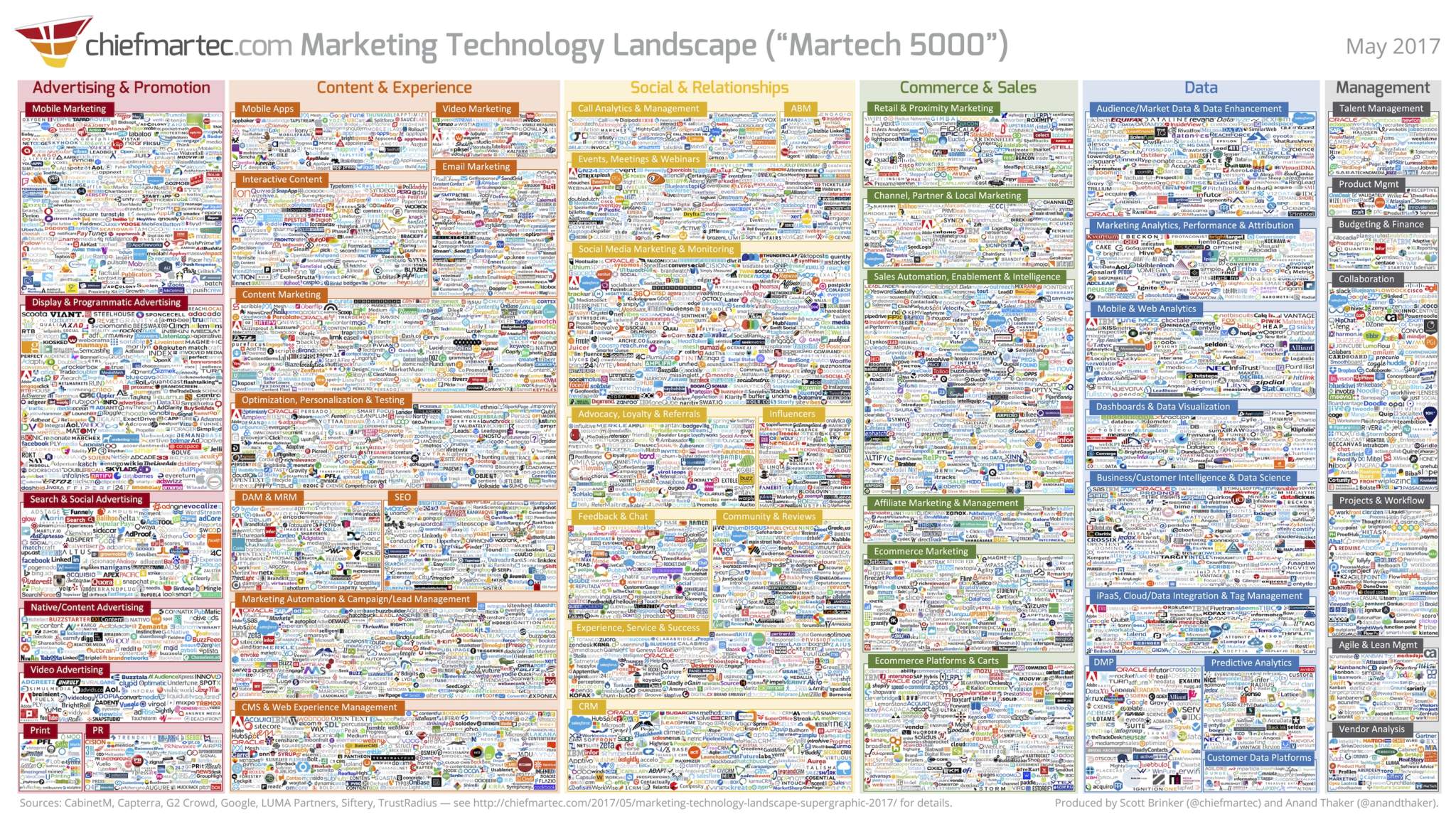
A practice accountant's life can be very different from an industry accountant's. There is less time to relax and clients can be from many businesses. This can lead to a full time job of keeping track on client's accounting data. Data you receive should be verifiable and definite, without bias.
Practice is worse than industry for work-life balance
Many people have a flawed view of work-life harmony. It is a matter of choosing when you work and when you take a break. Work-life balance can include many other factors. It is important for employers to understand what employees want. Employees who are satisfied and happy at work will be more loyal to the company.
Although it is important to find work-life harmony, it can sometimes be hard to achieve. Research shows that 33% percent of Americans work on weekends. In the United States, 66% percent of full-time employees do not believe in the concept of work-life integration. Yet studies have shown that having equal amounts of time outside the office reduces stress levels, improves health, and enhances quality of life. Employers are beginning to notice this trend and are trying to promote balance.

You can make a career out of payroll.
Accounting for payroll requires many skills. You must have knowledge of computers and be able to operate them. Good communication skills are essential. You need to be able communicate with employees and explain financial information. You will also need to be able manage records and keep track if there are any terminations.
Payroll accountants are responsible for accounting services and also oversee employee compensation. They can work directly with the employer, or they may collaborate with other accountants to produce and present reports for management and other stakeholders. Payroll accountants work full-time in larger organizations. However, they might be able to split their time between payroll and accounting in smaller companies.
One company can have several clients
Accounting firms that specialize are called practice accountants. Some firms start as generalists and then gradually shift to a niche. Others do this deliberately, building their client base and focusing on specific markets. Other firms partner with others who specialize in certain areas. In both cases, it is crucial to have a business plan in order to get funding.
Accounting data should not be subject to biases or be uncertain.
When interpreting a company's financial statements it is important to ensure that the accounting data can be determined. Accountants should be careful not to use accounting data that does not reflect the reality of the business. For example, while a company's financial statement might indicate that it made profits during the fourth quarter of 2018, it may have not been able make the same profit during its first quarter. Accounting information can be extremely useful in helping to predict future events or take action in response. However, the information should not be biased based on the personal preferences of the practice accountant.

Accounting data must be definite, verifiable and free of bias. The financial statements must always be truthful and objective. They must contain all relevant information. The financial statements should include notes that provide additional information. However, value-based accounting is not always bias-free, as value can mean different things to different people.